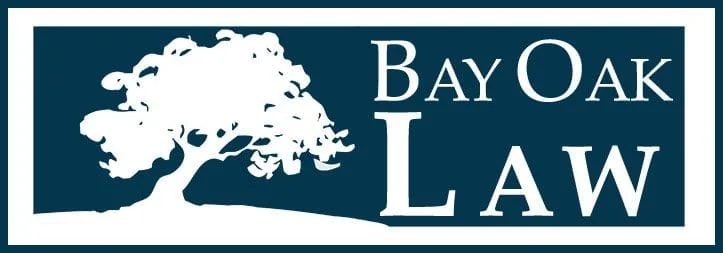- posted: Feb. 06, 2013
- Articles, Business Counseling, Political
A former co-worker of mine, David Spence of the Royce Law Firm, was quoted in a Forbes blog today about Cutler v. Franchise Tax Board, where the California Second District Court of Appeal ruled as unconstitutional Cal. Rev. & Tax. Code § 18152.5 which allows sellers of small business stock (called "qualified small business stock" or "QSBS") to exclude some of the gains on the stock if the seller reinvests the income in a qualified new small business in California. The Cutler case found that the California statute is unconstitutional because it prefers in-state corporations over out-of-state corporations:
because the statute affords taxpayers a deferral for income received from the sale of stock in corporations maintaining assets and payroll in California, while no deferral is afforded for income from the sale of stock in corporations that maintain assets and payroll elsewhere, the deferral provision discriminates on its face on the basis of an interstate element in violation of the commerce clause.
The Forbes blog criticizes the Franchise Tax Board for not allowing the statute to proceed: "Why. . . has California’s Franchise Tax Board (FTB) decided to eliminate a major tax benefit that helps attract creative risk-takers to set up shop here in California instead of in other states with lower taxes and fewer regulations?" However, the FTB was not the one who challenged the statute. Instead, the taxpayer who was denied the benefit of the statute because the business he had invested in did not qualify under the statute. The appellate court upheld the taxpayer's argument that the statute was unconstitutional; the FRB had defended the statute. The FTB may not agree with the court's conclusion, but it has a duty to uphold the law. Thus, the FTB has published a circular explaining that it will still allow the exclusion of gains:
For 2007 and prior tax years that are still open under the statute of limitations, a QSBS gain exclusion or deferral will be allowed if the taxpayer meets all requirements under California law, other than the unconstitutional California property and payroll requirements.
If the statute is unconstitutional, it was unconstitutional from the beginning -- it means that there was never, legally, an exclusion of this income. The FTB does not have the power to decide which statutes are enforceable, and which are not. While dealing with the government, and especially tax agencies, can be absolutely maddening, it doesn't help anyone to suggest that government is wrongfully refusing a deduction, when a court has already ruled the deduction is illegal.



